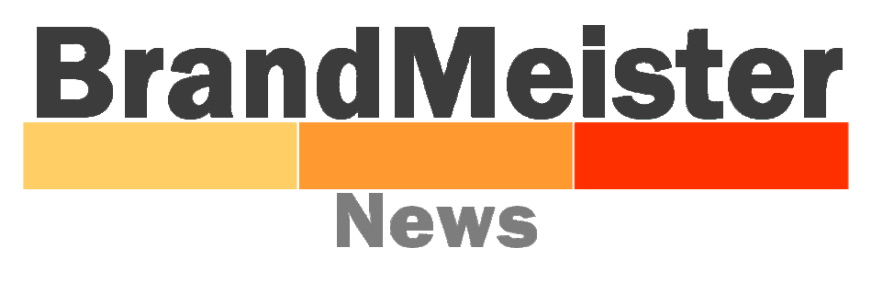
What is a Talkgroup
Talk Groups (TG) are a way for groups of users to share a time slot (one to- many) without distracting and disrupting other users of the time slot. It should be noted that only one Talk Group can be using a time slot at a time. If your radio is not programmed to listen to a Talk Group, you will not hear that Talk Group’s traffic. The DMR-MARC Mototrbo™ network supports a number of Talk Groups on TS1 including World Wide (TG1, PTT), North America (TG3), and World Wide English (TG13).
TS2 is for local, state, and regional Talk Groups. The DCI/TRBO network uses TG3163 for North America and TG3161 for World Wide, and TG3 for World Wide English on TS2. Check with your local repeater operator to find out what Talk Groups/Time Slots are available on a repeater. The DMR standard also supports private calls (one-to-one), encryption, and data.
Private calls are not allowed by most of the amateur networks and many consider private calls not amateur friendly; private calls tie up a large number of repeater time slots across the network. Encryption is not legal on amateur radio in the USA but is allowed in Canada! Data and text messaging is supported on some networks. For simplex traffic, the accepted standard in the amateur community is to use TG99 on TS1 with CC1. When programming your DMR radio, you may find it easier to program multiple Talk Groups for receive.
I have two RX Group lists programmed in my radios, one for TS1 and one for TS2; this allows my radio to listen to all the possible Talk Groups used on a time slot when I have my radio set to any channel. There are Talk Groups implemented for individual states and regional on many networks. Some Talk Groups are available all the time, while others only at preprogrammed times. Some Talk Groups require a local 6 user to PTT on the Talk Group to activate it for a period of time.
Since only one Talk Group can be active at a time on a time slot, many systems will disable other Talk Groups when a local user is active on a different Talk Group on the time slot. Be ham friendly and try to use Talk Groups that tie up the fewest number of repeaters if you are going to have a long QSO. Further information about specific Talk Groups can be found on the DMR-MARC, DCI, and regional group websites.
TS2 is for local, state, and regional Talk Groups. The DCI/TRBO network uses TG3163 for North America and TG3161 for World Wide, and TG3 for World Wide English on TS2. Check with your local repeater operator to find out what Talk Groups/Time Slots are available on a repeater. The DMR standard also supports private calls (one-to-one), encryption, and data.
Private calls are not allowed by most of the amateur networks and many consider private calls not amateur friendly; private calls tie up a large number of repeater time slots across the network. Encryption is not legal on amateur radio in the USA but is allowed in Canada! Data and text messaging is supported on some networks. For simplex traffic, the accepted standard in the amateur community is to use TG99 on TS1 with CC1. When programming your DMR radio, you may find it easier to program multiple Talk Groups for receive.
I have two RX Group lists programmed in my radios, one for TS1 and one for TS2; this allows my radio to listen to all the possible Talk Groups used on a time slot when I have my radio set to any channel. There are Talk Groups implemented for individual states and regional on many networks. Some Talk Groups are available all the time, while others only at preprogrammed times. Some Talk Groups require a local 6 user to PTT on the Talk Group to activate it for a period of time.
Since only one Talk Group can be active at a time on a time slot, many systems will disable other Talk Groups when a local user is active on a different Talk Group on the time slot. Be ham friendly and try to use Talk Groups that tie up the fewest number of repeaters if you are going to have a long QSO. Further information about specific Talk Groups can be found on the DMR-MARC, DCI, and regional group websites.
